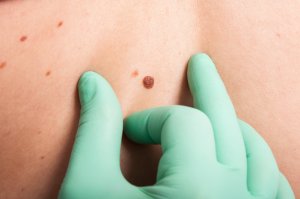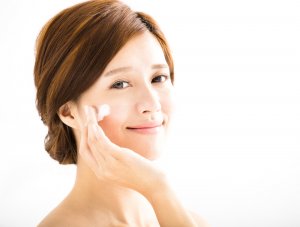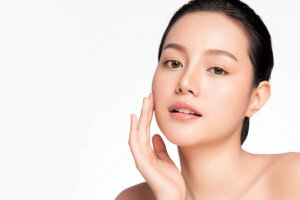
Rapid Acne Clearance
A presentation that you need to give in a week, or a graduation ceremony you have been planning for the last few months, then acne strikes! It is quite common, and understandable for individuals to request for treatments for acne to disappear quickly before an important event.
While standard acne treatments take at least 6-8 weeks to show an effect, and further 4-6 weeks to show its full effect, do we have options available to reduce the effects of acne over a shorter span of time?
3 Ways to Clear Acne Rapidly

1. Intralesional Steroid Injections
Intralesional steroid injections are used extensively in dermatology in conditions such as keloids, alopecia areata and acne cysts. Steroids work by their anti-inflammatory and immuno-suppressive effects. They are safe when used in appropriate amounts, and for the right indications.
Intralesional steroid injections are suitable for nodular or cystic acne. This is so, especially if the acne cysts are causing pain and discomfort. A single injection into the culprit lesion can reduce pain, swelling and inflammation. It takes an average of 3-7 days to see an effect. This is just a temporary solution for the solitary acne cysts, and is no means curative of acne.
Intralesional steroid injections are not suitable for smaller acne lesions, whitehead and blackheads. Potential side effects include infection, delayed wound healing, sterile abscess, skin thinning and making blood vessels more prominent on the skin. Ironically, you may develop steroid acne, but this usually resolves once the steroid effects wear off.

2. Oral Steroids
Oral (systemic) steroids are also known as glucocorticoids or cortisones. Common oral steroids include prednisolone and dexamethasone. Oral steroids are useful for managing dermatological conditions such as severe eczema flare, vasculitis and sarcoidosis.
A short course of low dose oral steroids for a few days can quickly bring acne under control. This is more suitable for multiple inflammatory acne vulgaris lesions, where intralesional steroid injections would not be feasible. A short course of oral steroids is safe, and acts as a temporary bridge to bring the acne flare under control.
Oral steroids are not suitable for individuals with peptic ulcer disease, active infections such as Tuberculosis and Herpes infection. They are not suitable if you have diabetes, glaucoma, cataract, hypertension and heart failure.

3. Skin Care
The last thing you want to do before an important event is to exfoliate or scrub your skin excessively. Over-washing strips the natural oils from the skin surface, and an increase rate of sebum production as a compensatory phenomenon will lead to more acne.
Skin care products that contain salicylic acid (especially if more than 2%), can increase skin peeling, dryness and sensitivity. We advise using a gentle cleanser to soothe the skin. Witch hazel has an astringent as well as an anti-inflammatory effect on the skin. This helps reduce redness and oiliness associated with acne. Aloe vera based products can help soothe the skin, and reduce inflammation. However, it is know that aloe vera products can cause skin irritation in susceptible individuals, therefore a test spot is necessary before applying it all over the face.

Top Tip
All the above methods may bring about a temporary improvement in your acne. We need to tackle acne more seriously, and overcome the effects of acne such as acne scarring and the psychological burden it brings. Acne is considered a chronic inflammatory condition of the pilo-sebaceous glands. For many individuals, they may be battling acne vulgaris for more than a decade. There are now effective acne treatments available to treat acne, reduce scarring and promote healthy skin. However, this approach takes time, and is well worth the wait, effort and perseverance.
References
- Zaenglein et al. Guidelines of care for the management of acne vulgaris. J Am Acad Dermatol. 2016;74:945-973.e933
- Leena C et al. Moisturisers for Acne. J of Clin and Aesthe Dermatol. 2014 May; 7(5): 36–44.










